Iran rights official: Saudi Arabia must be held to account for executions
A senior Iranian Judiciary official says Saudi authorities must be held accountable for the latest execution of dozens of prisoners in a single day, adding the kingdom must make clarifications on the charges leveled against those put to death.
Kazem Gharibabadi, the Judiciary chief’s deputy for international affairs and secretary of the country’s High Council for Human Rights, said Monday that the executions of 81 men, 41 of whom were Shia Muslims, can be examined from different perspectives.
He raised questions about the judicial process under which the people were tried and sentenced to death, noting that the death penalty might have been carried out actually because of the political opposition and dissent of the defendants.
Gharibabadi went on to denounce the double standards and silence of international human rights organizations vis-à-vis the recent executions in Saudi Arabia.
While the institutions tend to kick up a fuss about a court ruling passed in Iran, they have questionably kept mum in the face of the execution of 81 people, the senior Iranian human rights official said.
“The double standards of human rights organizations and international bodies are very destructive. The question is: Are the so-called advocates of human rights sincere in their claims or not?” he said.
State news agency Saudi Press Agency said on Saturday that the authorities had executed 81 people in one day on a variety of offences.
Of the 81 people, 73 were Saudi citizens, seven were Yemeni and one was a Syrian national.
The 2022 executions exceeded the total number of Saudi Arabia’s punishments by death throughout last year.
The kingdom’s last mass execution occurred in early January 2016, when Saudi authorities executed 47 people, including prominent Shia cleric Sheikh Nimr Baqir al-Nimr, who had vociferously called for democracy in the kingdom and advocated anti-regime protests. Nimr had been arrested in Qatif, Eastern Province, in 2012.
Since 2015, Saudi Arabia has reportedly executed more than 900 prisoners in an increasing rate. In 2019 alone, Saudi Arabia set a record number of executions after authorities executed 184 people, despite a general decrease in the number of executions around the world.
In April 2020, Reprieve, a UK-based non-profit organization, said Saudi Arabia had carried out its 800th execution. The report added that executions had almost doubled in only five years in comparison with the 423 executions conducted in Saudi Arabia from 2009 through 2014.
Ever since Crown Prince Mohammed bin Salman became Saudi Arabia’s de facto leader in 2017, the kingdom has arrested dozens of activists, bloggers, intellectuals and others perceived as political opponents, showing almost zero tolerance for dissent even in the face of international condemnations of the crackdown.
Muslim scholars have been executed and women’s rights campaigners have been put behind bars and tortured as freedom of expression, association, and belief continue to be denied.
Over the past years, Riyadh has also redefined its anti-terrorism laws to target activism.
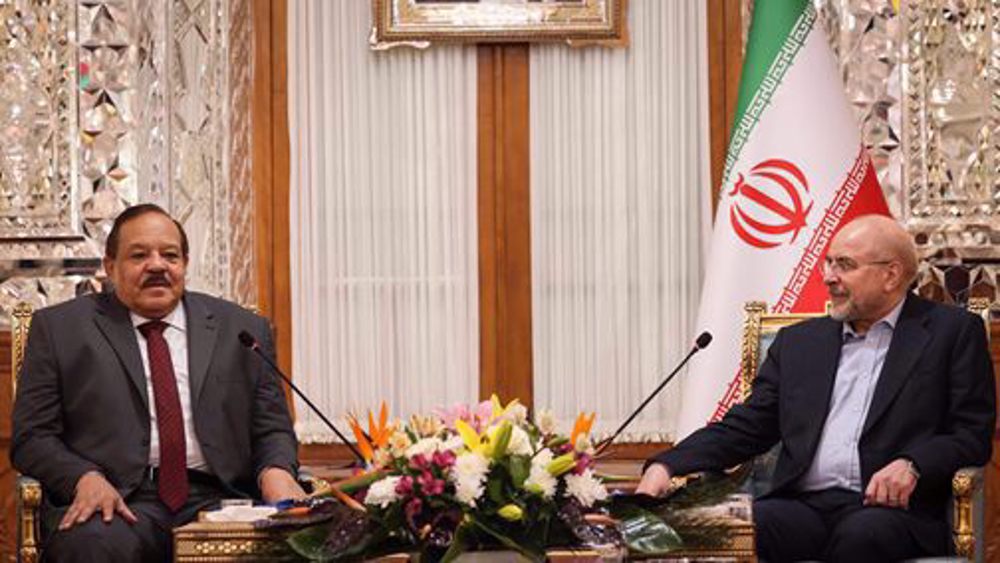
Iran urges establishment of stability, sovereignty in Sudan: Qalibaf
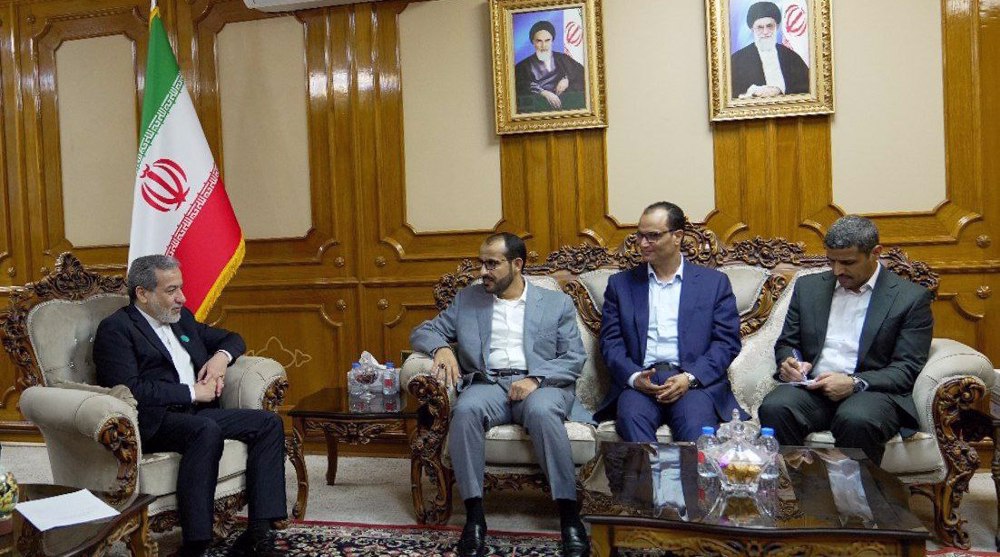
Iran’s FM: Yemen critical element in Palestinian victory over Israel
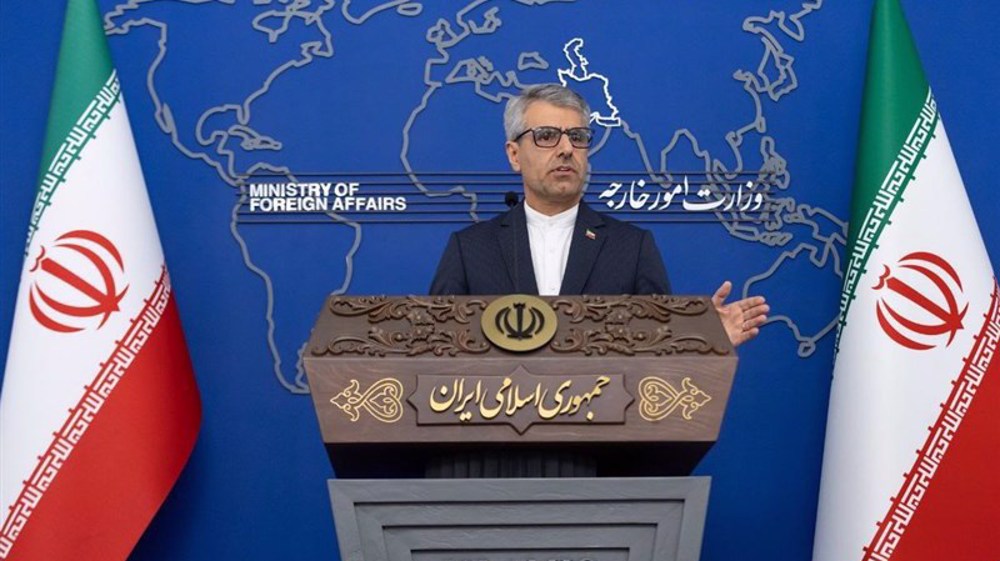
Iran says to send high-level delegation to Hezbollah chief’s funeral
Iran taps wealth fund to spend $1bn on subsidized food for households
Over 60 British MPs urge ban on imports from Israeli settlements
Netanyahu says ‘committed’ to Trump’s vicious Gaza scheme
Palestinians subjected to ‘severe torture’ in Israeli prisones: Euro-Med
Iran’s jobless rate down 0.4% y/y in Dec quarter to 7.2%: SCI
Hamas confirms senior military commander assassinated in Lebanon
Iran urges establishment of stability, sovereignty in Sudan: Qalibaf
Munich Security Conference chairman weeps over deepening division in NATO


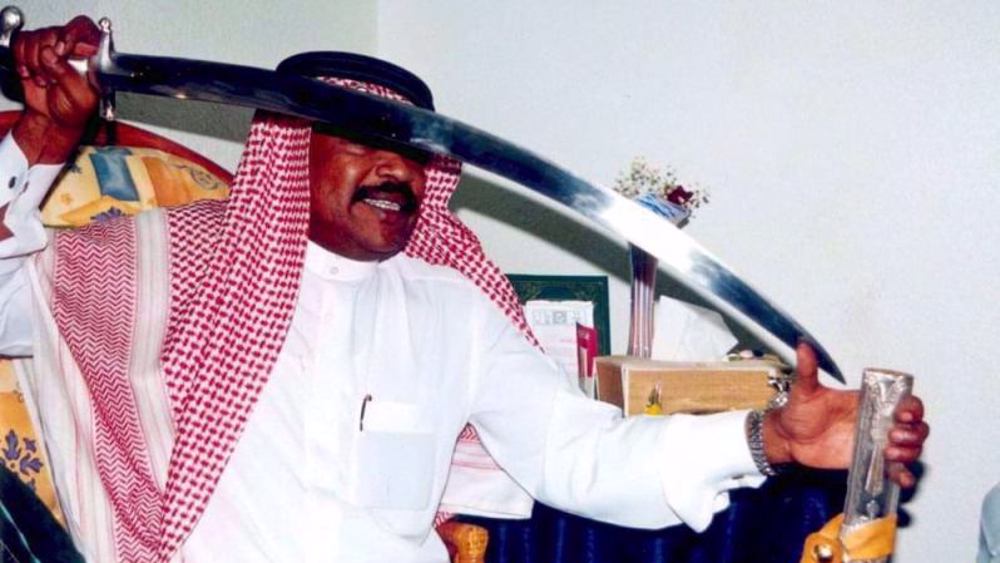
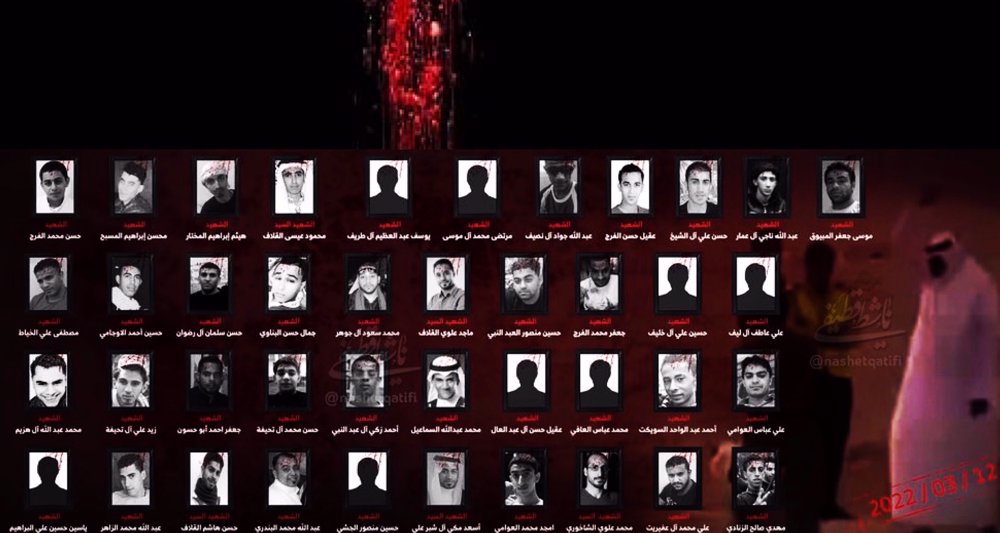
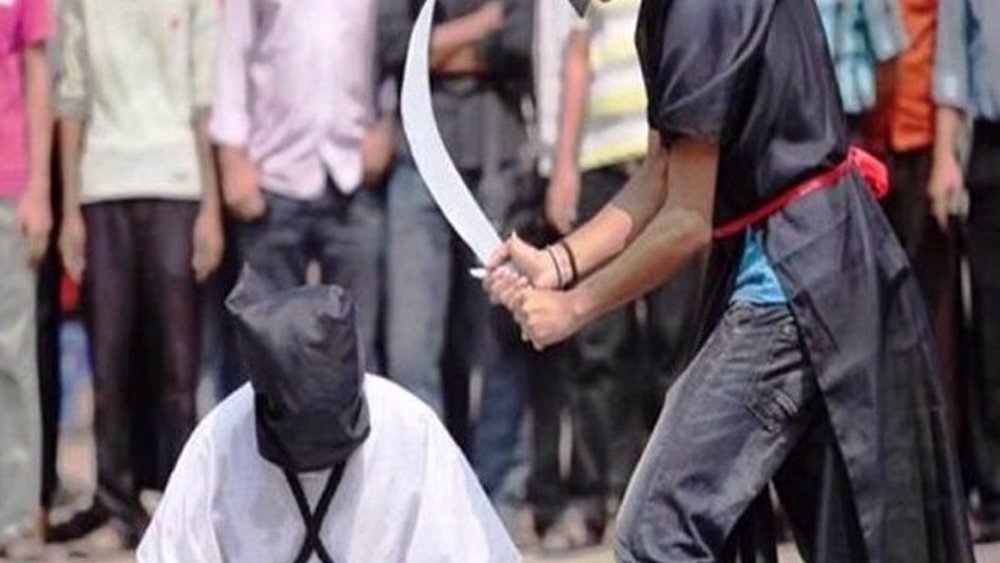
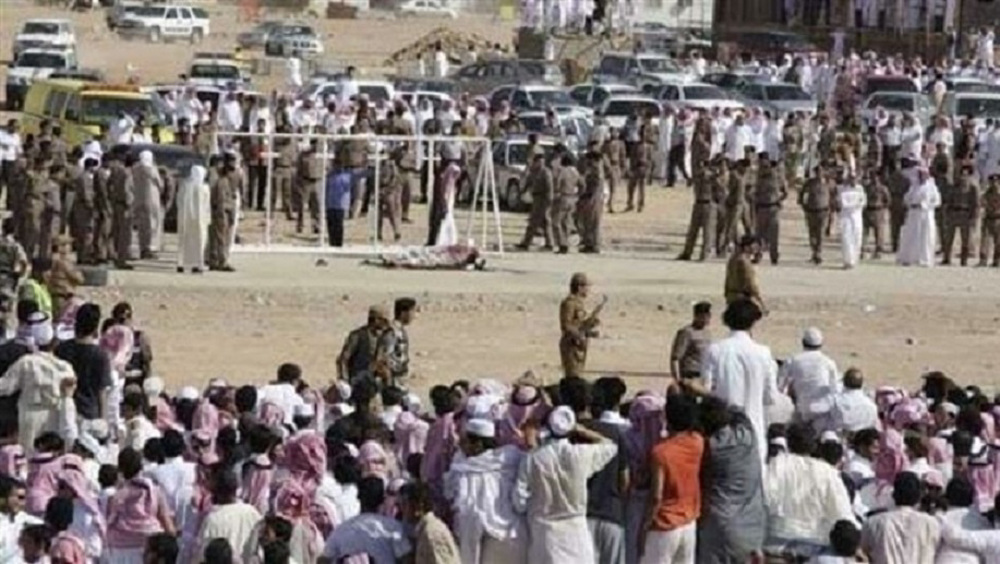




 This makes it easy to access the Press TV website
This makes it easy to access the Press TV website